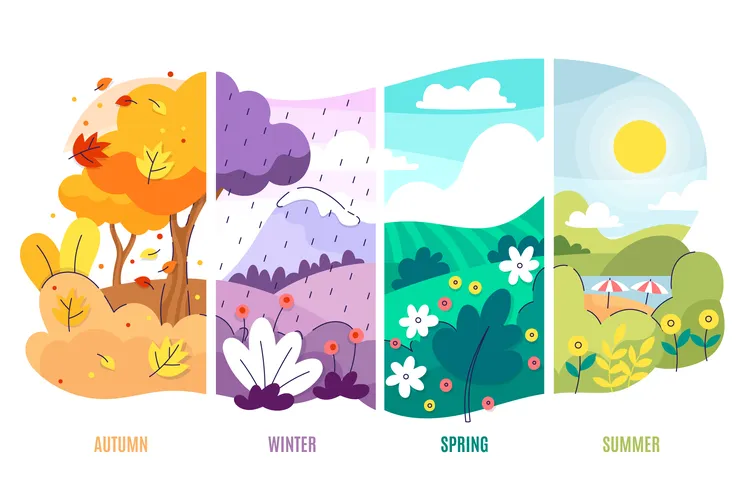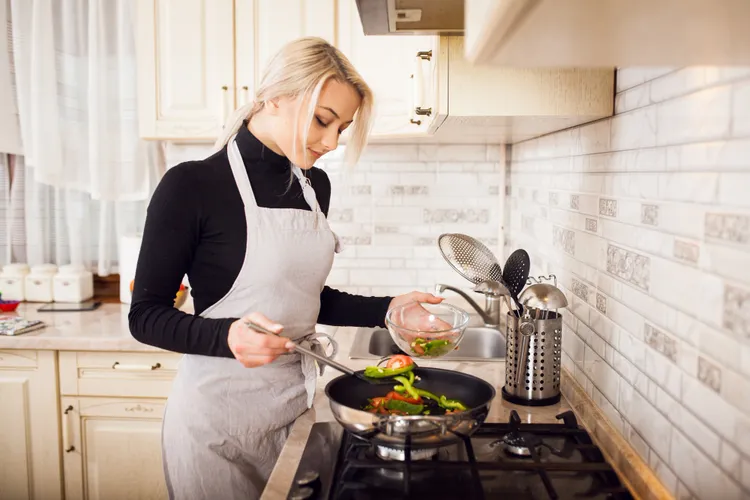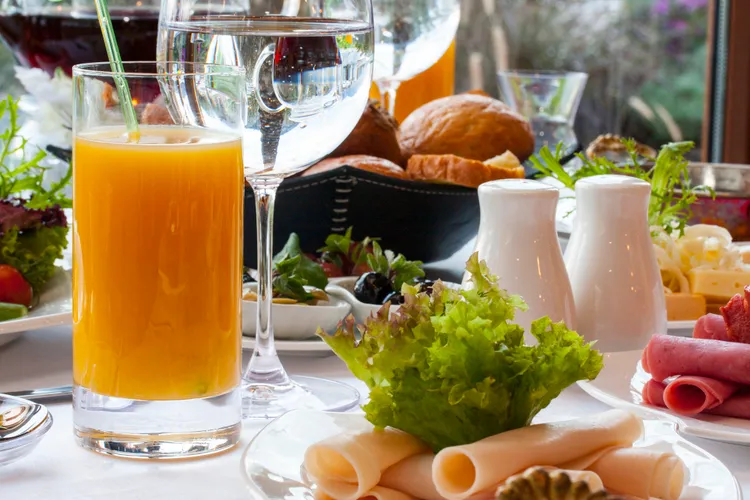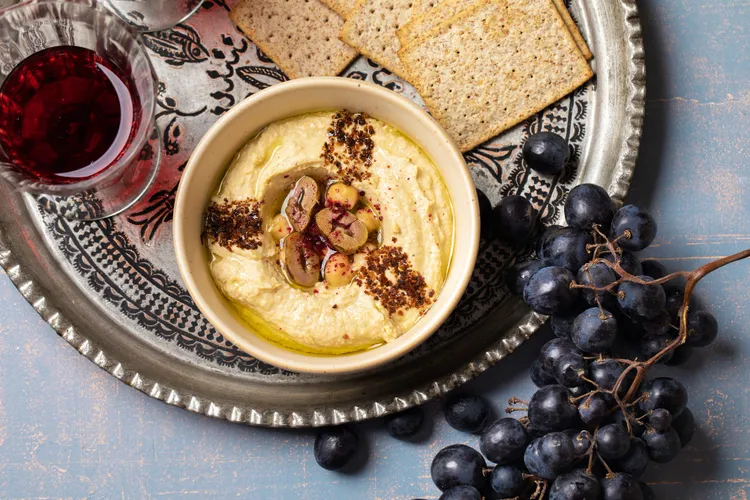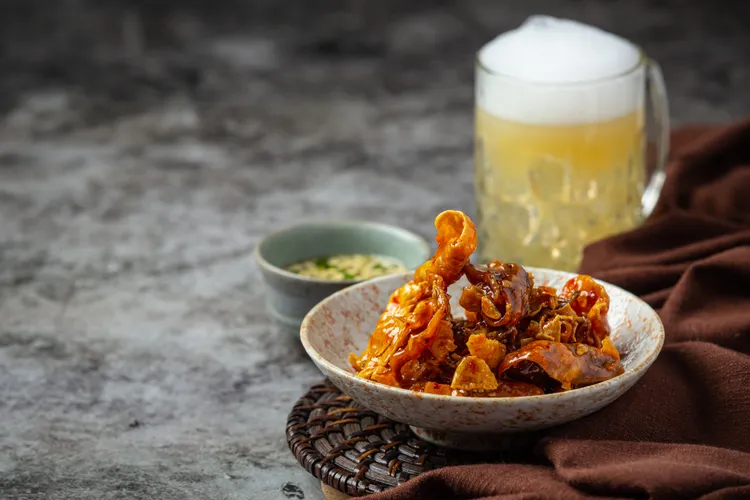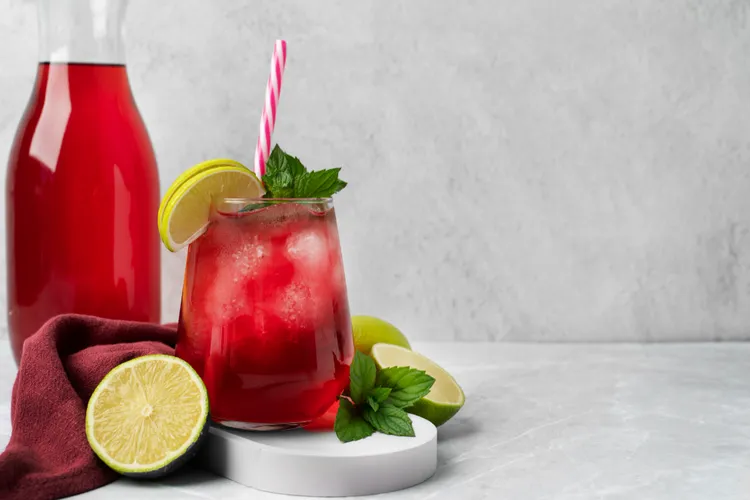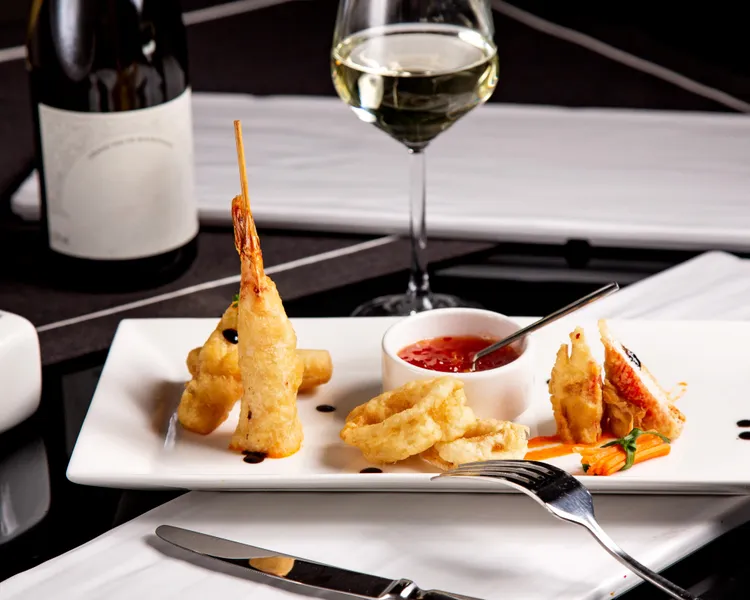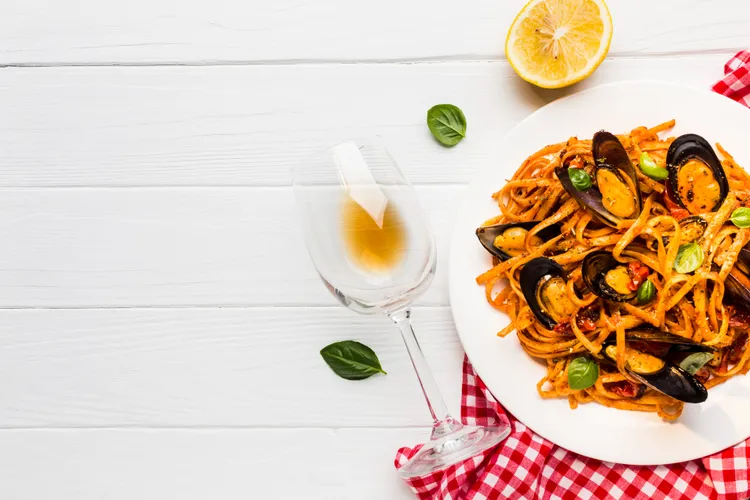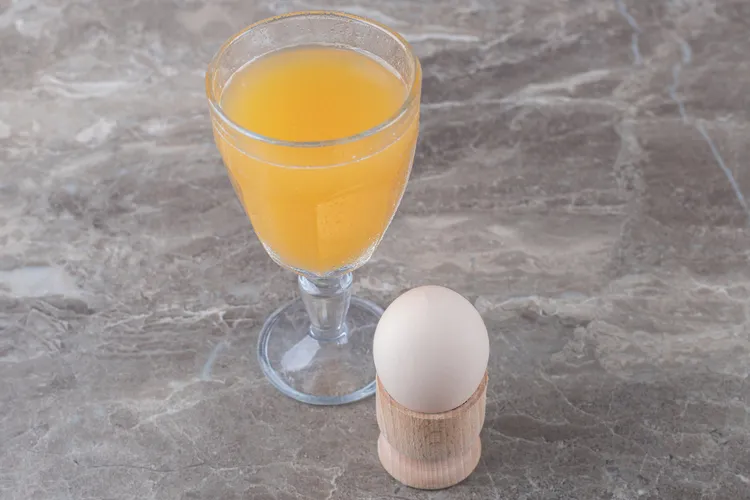Don’t Store These Foods Together: A Complete Guide to Keeping Your Groceries Fresh
Proper food storage is key to maintaining freshness, flavor, and nutritional value while minimizing waste. However, not all foods play well together in the kitchen. Storing certain foods in close proximity can lead to faster spoilage, off-flavors, or even safety concerns due to factors like ethylene gas production, moisture, odors, or temperature sensitivities. Whether you’re a meal prep pro or just trying to keep your groceries from going bad, this guide will help you avoid common storage mistakes and keep your food at its best.
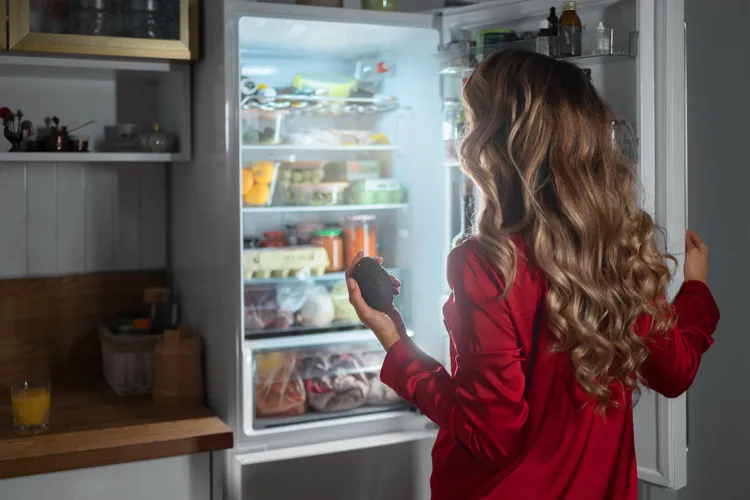
Why Food Storage Matters
Before diving into the specific foods that shouldn’t be stored together, let’s understand why proper storage is so important:
- Prevent Spoilage: Some foods release ethylene gas, a natural ripening agent that can cause nearby produce to ripen and spoil faster.
- Avoid Flavor Transfer: Strong-smelling foods can impart their odors or flavors to others, ruining their taste.
- Maintain Nutrient Quality: Improper storage can degrade nutrients, affecting the health benefits of your food.
- Reduce Food Waste: Correct storage extends shelf life, saving you money and reducing environmental impact.
- Ensure Safety: Certain foods, when stored incorrectly, can cross-contaminate or promote bacterial growth.
With these principles in mind, let’s explore the top food combinations to avoid storing together, why they don’t mix, and how to store them properly to keep your kitchen humming with fresh, delicious ingredients.
Foods You Should Never Store Together
Here’s a detailed rundown of foods that don’t get along in storage, complete with the science behind their incompatibility and practical storage solutions.
- Apples and Vegetables (e.g., Carrots, Broccoli, Leafy Greens)
- Why They Don’t Mix: Apples are high ethylene producers, a gas that accelerates ripening in nearby fruits and vegetables. Ethylene can cause vegetables like carrots to become bitter, broccoli to yellow prematurely, and leafy greens to wilt faster.
- What Happens: Carrots develop a bitter taste, broccoli florets turn yellow and soft, and greens like spinach or lettuce lose their crispness.
- How to Store:
- Keep apples in a separate fridge drawer or sealed bag to contain ethylene gas.
- Store vegetables like carrots, broccoli, and greens in the crisper drawer, ideally in perforated plastic bags to maintain humidity without trapping too much moisture.
- Pro Tip: If you have limited fridge space, wrap apples tightly in plastic wrap or store them in an airtight container to minimize ethylene release.
- Onions and Potatoes
- Why They Don’t Mix: Onions release ethylene gas and moisture, which can cause potatoes to sprout and become soft or moldy. Potatoes also emit a small amount of ethylene, which can speed up onion spoilage.
- What Happens: Potatoes develop sprouts and a mushy texture, while onions may become soft or moldy due to the trapped moisture.
- How to Store:
- Store onions in a cool, dry, well-ventilated area (like a pantry) in a mesh bag or basket.
- Keep potatoes in a dark, cool, dry place (like a cellar or pantry) in a paper or burlap bag to prevent sprouting.
- Pro Tip: Avoid storing either near heat sources or in plastic bags, which trap moisture and promote spoilage.
- Bananas and Other Fruits (e.g., Berries, Avocados, Mangoes)
- Why They Don’t Mix: Bananas are another high ethylene producer, causing nearby fruits to ripen and spoil quickly. Berries, avocados, and mangoes are particularly sensitive to ethylene, leading to over-ripening or mushiness.
- What Happens: Berries develop mold, avocados become overripe and brown, and mangoes lose their firmness.
- How to Store:
- Store bananas on a countertop or in a hanging fruit basket, away from other fruits.
- Keep berries in the fridge in their original ventilated containers or a breathable produce bag.
- Store avocados and mangoes in a separate fridge drawer or on the counter if not fully ripened.
- Pro Tip: To slow banana ripening, wrap the stem ends in plastic wrap to trap ethylene gas.
- Garlic and Other Produce (e.g., Potatoes, Apples, Peppers)
- Why They Don’t Mix: Garlic has a strong odor that can permeate nearby foods, imparting an unwanted garlicky flavor. It also releases moisture, which can encourage mold or sprouting in produce like potatoes.
- What Happens: Potatoes may sprout or take on a garlic flavor, while apples and peppers absorb the pungent smell, altering their taste.
- How to Store:
- Store garlic in a cool, dry, well-ventilated place, like a mesh bag or ceramic garlic keeper in the pantry.
- Keep potatoes, apples, and peppers in separate areas, as noted above.
- Pro Tip: Avoid refrigerating garlic, as the cold, humid environment can cause it to sprout or become rubbery.
- Dairy (e.g., Cheese, Butter) and Strong-Smelling Foods (e.g., Onions, Garlic, Fish)
- Why They Don’t Mix: Dairy products like cheese and butter easily absorb odors from strong-smelling foods, leading to off-flavors. Fish, onions, and garlic are particularly notorious for transferring their pungent aromas.
- What Happens: Cheese or butter can take on a fishy or oniony taste, making them unappetizing.
- How to Store:
- Store cheese in airtight containers or tightly wrapped in wax paper and plastic wrap in the fridge.
- Keep butter in its original packaging or a sealed butter dish.
- Store onions, garlic, and fish in sealed containers or bags on a separate fridge shelf, ideally in the coldest part (like the back of the bottom shelf for fish).
- Pro Tip: Use glass containers for strong-smelling foods to prevent odor leakage.
- Raw Meat and Ready-to-Eat Foods (e.g., Vegetables, Deli Meats, Leftovers)
- Why They Don’t Mix: Raw meat, poultry, or fish can harbor bacteria like Salmonella or E. coli, which can cross-contaminate ready-to-eat foods like salads, deli meats, or cooked leftovers.
- What Happens: Cross-contamination can lead to foodborne illness, especially if ready-to-eat foods aren’t cooked before consumption.
- How to Store:
- Store raw meat, poultry, and fish in sealed containers or leak-proof plastic bags on the bottom shelf of the fridge to prevent drips.
- Keep ready-to-eat foods (like veggies, deli meats, or leftovers) on higher shelves in airtight containers.
- Pro Tip: Use a dedicated meat drawer if your fridge has one, and clean spills immediately to avoid contamination.
- Bread and Strong-Smelling Foods (e.g., Onions, Garlic)
- Why They Don’t Mix: Bread is highly absorbent and can pick up odors from strong-smelling foods, making it taste unpleasant.
- What Happens: Bread stored near onions or garlic can develop an off-putting flavor, ruining its taste for sandwiches or toast.
- How to Store:
- Keep bread in a bread box, cloth bag, or airtight container at room temperature (or freeze for longer storage).
- Store onions and garlic in a separate, well-ventilated pantry area.
- Pro Tip: Avoid refrigerating bread, as it can dry out or become stale faster.
- Tomatoes and Ethylene-Sensitive Produce (e.g., Lettuce, Cucumbers, Broccoli)
- Why They Don’t Mix: Ripe tomatoes produce ethylene gas, which can cause ethylene-sensitive produce like lettuce, cucumbers, or broccoli to spoil or lose texture.
- What Happens: Lettuce wilts, cucumbers turn yellow and soft, and broccoli yellows or develops an off flavor.
- How to Store:
- Store unripe tomatoes on the counter to ripen, then move ripe tomatoes to a separate fridge drawer.
- Keep lettuce, cucumbers, and broccoli in the crisper drawer in perforated bags.
- Pro Tip: If you must store tomatoes in the fridge, keep them in a paper bag to reduce ethylene spread.
- Melons and Other Fruits or Vegetables
- Why They Don’t Mix: Melons, especially cantaloupe and honeydew, have strong odors that can transfer to other produce, altering their flavor. They also produce ethylene, which can speed up spoilage.
- What Happens: Apples, berries, or greens stored nearby may take on a melon-like smell or ripen too quickly.
- How to Store:
- Store whole melons on the counter or in a separate fridge drawer.
- Once cut, wrap melon tightly in plastic wrap or store in an airtight container in the fridge.
- Keep other fruits and vegetables in separate drawers or containers.
- Pro Tip: Wash the melon’s exterior before cutting to prevent bacterial contamination.
- Avocados and Ethylene-Producing Fruits (e.g., Apples, Bananas)
- Why They Don’t Mix: Avocados are ethylene-sensitive when unripe, but once ripe, they can be affected by additional ethylene from fruits like apples or bananas, causing them to over-ripen or spoil.
- What Happens: Unripe avocados ripen too quickly, while ripe avocados become mushy or develop brown spots.
- How to Store:
- Store unripe avocados on the counter, away from ethylene producers.
- Once ripe, move avocados to the fridge in a separate drawer or sealed bag.
- Keep apples and bananas in a different area, as noted above.
- Pro Tip: To speed up avocado ripening, place them in a paper bag with an apple or banana, but separate them once ripe.
- Herbs (e.g., Basil, Cilantro) and Ethylene-Producing Fruits
- Why They Don’t Mix: Fresh herbs are highly sensitive to ethylene, which causes them to wilt, yellow, or lose flavor when stored near fruits like apples, bananas, or tomatoes.
- What Happens: Herbs like basil or cilantro become limp and discolored, losing their freshness.
- How to Store:
- Store fresh herbs like basil or cilantro in a glass of water (like a bouquet) with a plastic bag loosely covering the leaves, in the fridge.
- Alternatively, wrap herbs in a damp paper towel and store in a perforated plastic bag in the crisper.
- Keep ethylene-producing fruits in a separate area.
- Pro Tip: Trim herb stems and change the water every couple of days to extend freshness.
- Mushrooms and Strong-Smelling Foods (e.g., Onions, Garlic, Cheese)
- Why They Don’t Mix: Mushrooms are porous and easily absorb odors and moisture from strong-smelling foods, which can alter their flavor and texture.
- What Happens: Mushrooms take on onion, garlic, or cheese odors, becoming slimy or off-tasting.
- How to Store:
- Store mushrooms in a paper bag or wrapped in a paper towel in the fridge to allow air circulation and absorb moisture.
- Keep strong-smelling foods in sealed containers on a different shelf.
- Pro Tip: Avoid plastic bags for mushrooms, as they trap moisture and promote spoilage.
General Food Storage Tips for Success
To keep all your groceries fresh and avoid storage mishaps, follow these best practices:
- Understand Your Fridge Zones:
- Top shelves: Best for ready-to-eat foods like leftovers, yogurt, or deli meats (warmer zone).
- Bottom shelves: Ideal for raw meat, poultry, and fish (coldest zone).
- Crisper drawers: Perfect for fruits and vegetables, with separate drawers for high- and low-humidity produce.
- Door: Use for condiments, not dairy or eggs, as it’s the warmest part.
- Use Airtight Containers: Store strong-smelling or ethylene-producing foods in sealed containers or bags to prevent odor transfer and gas spread.
- Check Temperature: Keep your fridge at 35–38°F (2–3°C) and your freezer at 0°F (-18°C) to slow bacterial growth and maintain freshness.
- Rotate Stock: Practice “first in, first out” by placing newer items at the back and older ones at the front to use them before they spoil.
- Clean Regularly: Wipe down fridge shelves and drawers to prevent cross-contamination and remove odors. A mix of water and vinegar works well.
- Separate Ethylene Producers and Sensitive Foods:
- High ethylene producers: Apples, bananas, tomatoes, avocados, melons, peaches, pears.
- Ethylene-sensitive foods: Broccoli, cabbage, carrots, cucumbers, leafy greens, herbs, berries.
- Label and Date: Use labels to track when you stored leftovers or cut produce to avoid guessing their freshness.
Storing foods correctly is a simple yet powerful way to extend their shelf life, preserve their flavor, and reduce waste in your kitchen. By avoiding the common mistake of storing incompatible foods together - like apples with vegetables, onions with potatoes, or raw meat with ready-to-eat items - you can keep your groceries fresher for longer. Use the tips and strategies in this guide to organize your fridge, pantry, and countertops like a pro, and enjoy the benefits of tastier meals, fewer spoiled ingredients, and a more efficient kitchen. Happy storing!
